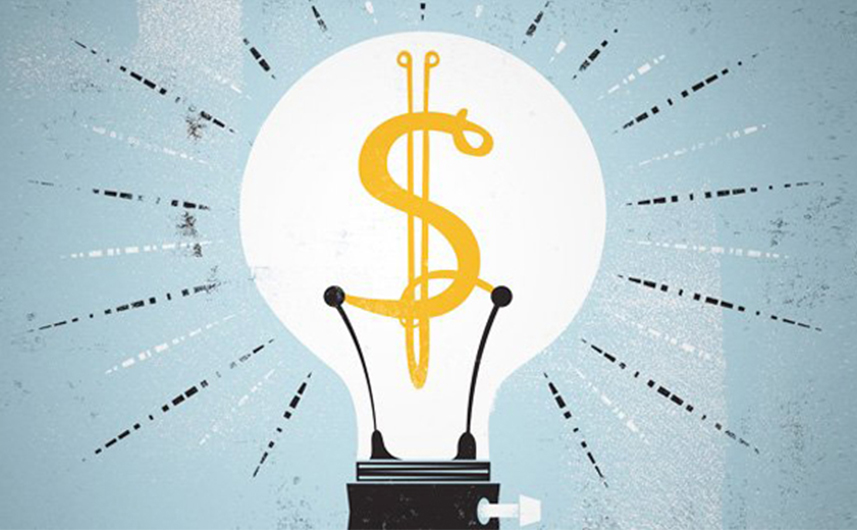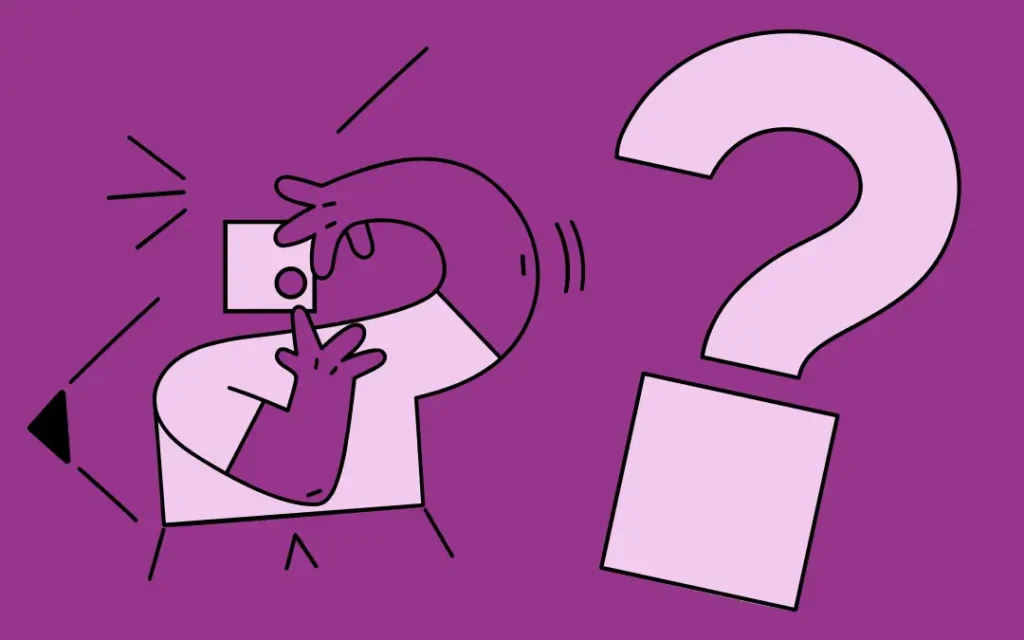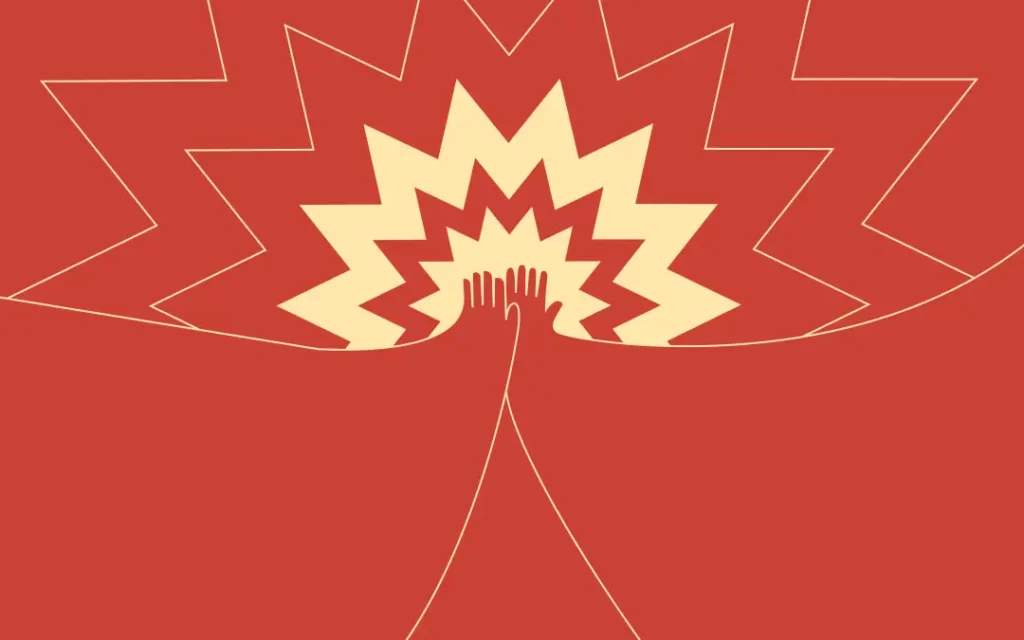Brand Differentiation: Where Do You Even Start?
Brand Differentiation: Where Do You Even Start?

Brand Differentiation
In B2B marketing, creating brand differentiation is a critical output of all marketers whether you are managing a B2B or B2C brand.
When your brand is truly and meaningfully differentiated, it works as a magnet to attract new customers and employees, as a glue that keeps people loyal, and as a warm glow that means people always come back for more. So how do you differentiate your brand?
The problem for most brands is that they have yet to find a distinct place in the whirlwind of modern commerce. These brands are being buffeted by the winds of change and the waves of disruption. Every day they go further astray, lost in the vast “Sea of Commodity”.
And what do they find, if they actively seek out a point of brand differentiation that is based only on what they do and how they do it? Often, they don’t find an inch of difference between what they do and what their competitors do. They find themselves speaking the same language as everyone else. They use the same visual language. And realize that they market themselves in a carbon copy fashion.
Start with “Why”
The modern answer to the brand differentiation quandary lies in the question, “Why?”. As Simon Sinek puts it,
“People don’t buy ‘what’ you do, they buy ‘why’ you do it”.
This is increasingly true and with little wonder. Think for a moment how difficult it is from your brand’s perspective. Now, think about how difficult it is from your customer’s perspective.
All of us are inundated with marketing hype and claims. Not only in your category, but in every aspect of our lives. Our natural response is to turn off as much of the noise as we can. We do this by applying filters. Brands work as filters when they help us latch onto something important and meaningful. Once that connection is made, we can then forget about the rest.
But if your widgets are the same as the next guy’s, it’s going to take something truly significant to become the most trusted and respected widget seller.
How do you define your “Why”?
The answer is to explore and define your brand’s “why”. Deep in what you do and how you do it, lies a number of truths about your intentions and outcomes. These positive character attributes can fuel the thinking that will lead your brand toward meaningful (and profitable) differentiation.
By giving your brand a “North Star” to aim for, you elevate the spirit, ambition, and drive of your brand and everyone connected to it. A purposeful brand promise is the best way to forge your brand’s North Star. When well crafted, and built through the principles of empathy, purpose and feelings, a promise allows everyone vital to the brand’s success to see the ideal it sets as their own and enables them to be an active part of it.
When this brand promise is translated into new forms of behavior, both for the brand as an entity, and for the people in the workplace, amazing and differentiated things start to happen. In the effort to fulfill on the brand’s promise, a new mood and spirit drives business relationships, product development, marketing campaigns, customer service, etc.
- Senior management makes more aligned and purposeful decisions.
- Managers create more productive and gratifying work situations.
- Product designers stretch their skills and imagination.
- Marketing teams build consistent brand experiences and stronger messaging.
- Customer service teams work with greater empathy and compassion.
All these changes push your brand in the direction of its brand promise. As a result, your brand, business, and culture will thrive.
Emotive Brand is a San Francisco branding agency.
If you enjoyed this post, you may enjoy this post on Storytelling for Demand Generation






